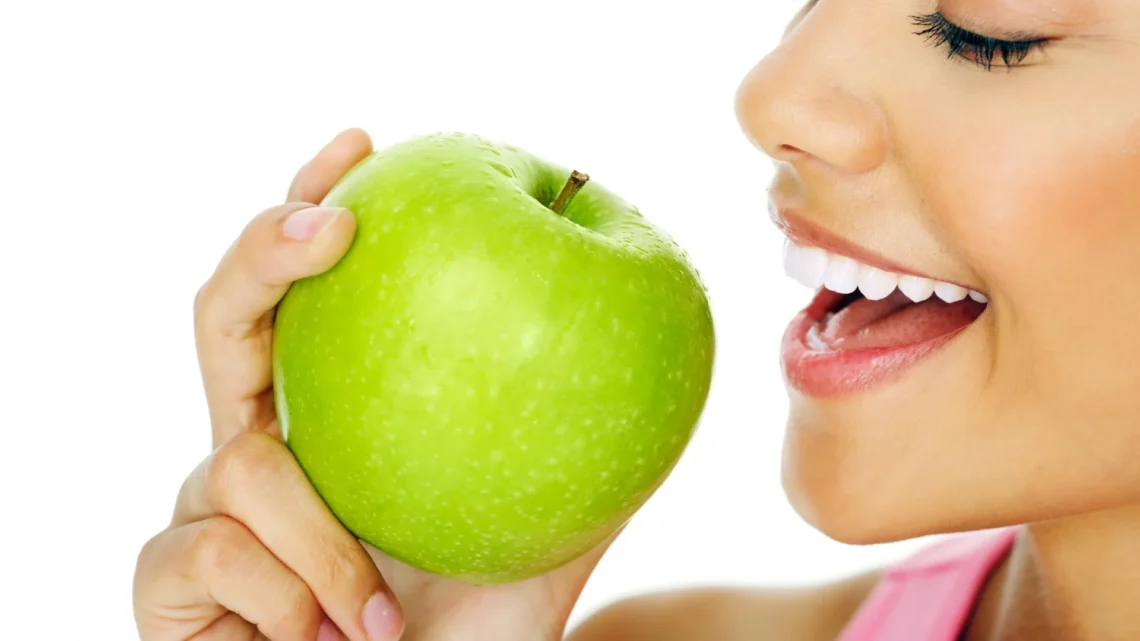A recent study suggests that eating fruit may help lessen the harmful effects of air pollution on lung function. This research was presented at the European Respiratory Society Congress in Amsterdam, Netherlands.
The study was led by Pimpika Kaewsri, a PhD student from the Centre for Environmental Health and Sustainability at the University of Leicester, UK.
She explains, “More than 90% of the global population is exposed to air pollution levels that exceed WHO guidelines. Numerous studies indicate that higher air pollution levels are linked to reduced lung function.
“In contrast, a healthy diet, especially one rich in fruits and vegetables, has been associated with improved lung function. We aimed to determine if a healthy diet or specific food groups could lessen the known harmful impacts of air pollution on lung function.”
Using data from the UK Biobank involving around 200,000 participants, Kaewsri analyzed their dietary habits—including fruit, vegetable, and whole grain intake—alongside their lung function (measured as FEV1, or the amount of air exhaled in one second) and exposure to air pollution in the form of fine particulate matter (PM2.5). PM2.5 refers to tiny particles, 2.5 micrometers or smaller, released into the atmosphere from sources like vehicle emissions and industrial activities. The team also adjusted for variables such as age, height, and socioeconomic status.
For each increase of five micrograms per cubic meter of PM2.5 exposure, participants with low fruit intake experienced a reduction of 78.1 ml in FEV1, compared to a smaller 57.5 ml reduction among those with high fruit intake, particularly in women.
Kaewsri emphasizes, “Our study confirmed that a healthy diet is associated with better lung function in both men and women, regardless of air pollution exposure. Women who consumed four or more portions of fruit daily showed smaller declines in lung function linked to air pollution compared to those who ate less fruit.”
“This benefit could stem from the antioxidant and anti-inflammatory compounds found naturally in fruit, which may help reduce oxidative stress and inflammation caused by fine particulates, thereby countering some adverse effects of air pollution,” she adds.
Kaewsri also observed that men in the study generally reported lower fruit intake than women, which may explain why the protective effects of fruit against air pollution were primarily noted in women.
She plans to expand the research to see how diet influences lung function changes over time.
Professor Sara De Matteis, Chair of the European Respiratory Society’s expert group on occupational and environmental health at the University of Turin, Italy, commented on the research despite not being directly involved. “This study reinforces the respiratory health benefits of a healthy diet, particularly one rich in fresh fruit,” she stated.
“However, it’s important to recognize that access to healthy diets is not evenly distributed across the population. Even though the authors accounted for socioeconomic factors, some residual confounding may still exist. Promoting a plant-rich diet starting from primary school is essential, not only to prevent chronic diseases but also to lower the carbon footprint associated with meat-heavy diets.”
“Governments must continue to pursue environmental policies aimed at reducing air pollution, as there’s no level of exposure considered safe. Responsibility should not fall solely on individuals, whose dietary choices are often limited by economic circumstances.”
Summary: Research indicates that increasing fruit consumption may help mitigate the negative effects of air pollution on lung function. The study found that women who ate more fruit showed less decline in lung health when exposed to air pollution. Healthy eating habits, especially involving fruits and vegetables, are linked to improved respiratory health, underscoring the need for broader access to nutritious diets and continued efforts to reduce air pollution.





